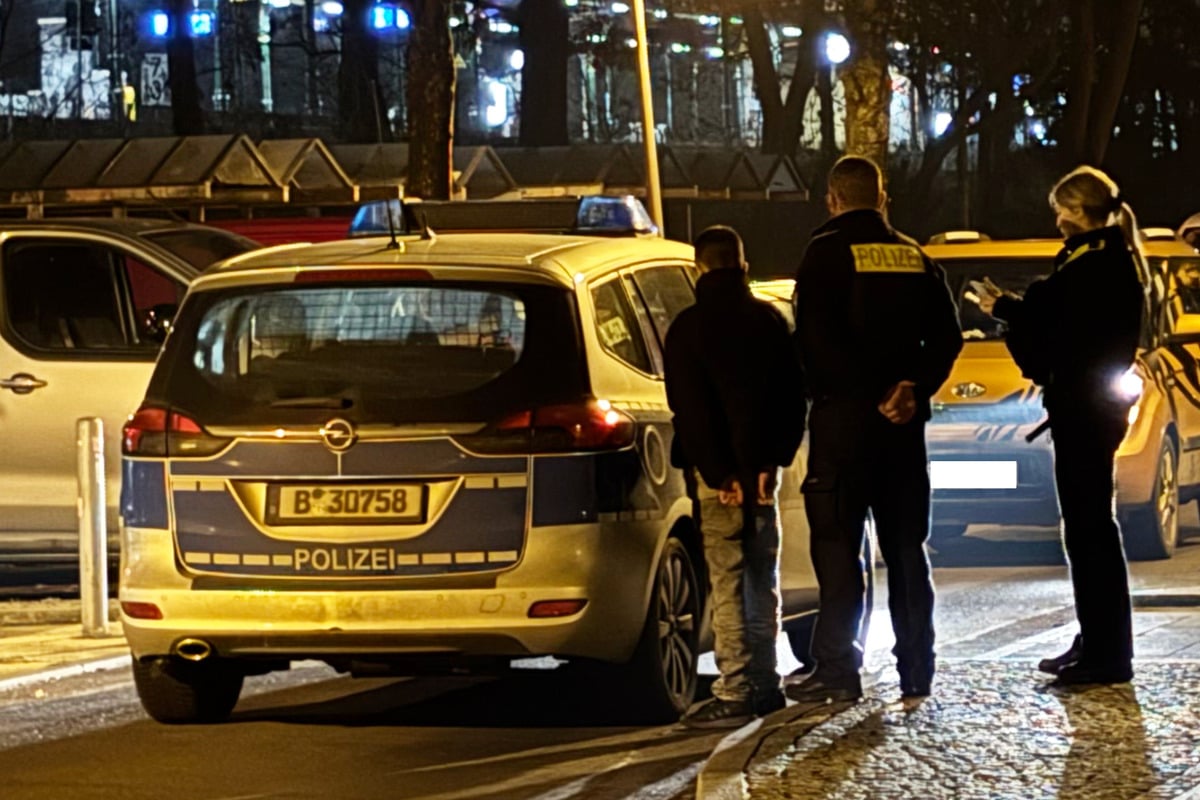Instead of “Notre-Dame de Paris” go to “Madunuccia”, the little Madonna of Ajaccio. Instead of capital and heads of state, rather province and normal believers. With his 47th trip abroad to Corsica, Pope Francis once again demonstrated what priorities the church should set in his view: going to the margins, to ordinary people. The reason for the first visit of a pope to the French Mediterranean island is a congress on popular piety. Scientists and church representatives from Spain, France and Italy deal with the history, excesses and opportunities of the piety of ordinary believers. A matter close to the heart for Francis.
In his speech at the end of the congress, he urged people to understand and appreciate the “beauty and importance of popular piety”. Christian faith is not abstract thinking, but is “expressed in the culture, history and languages of a people” and is “passed on through symbols, customs, rites and traditions of a living community”.
Against traditionalism and elitist theology
For Francis, lively popular piety is a necessary corrective to both ossified traditionalism and intellectually aloof theology. At the same time, the “Theologia popular”, with which Francis grew up, offers low-threshold forms, below the official church liturgy, to include, involve and bless even those who are far from all arts. An aspect that Cardinal Victor Fernández, head of the Vatican religious authority, once emphasized to justify the declaration “Fiducia supplicans” to bless homosexual couples.
“Terra Corsa, Terra Cristiana” announces a poster. Corsica is one of the most Catholic regions in France. Rarely have so many babies and small children been handed to Francis to bless them as on the streets of Ajaccio, lined with thousands of onlookers. At the excavation of an early Christian baptismal font, the church leader, who is disabled, gets off the Popemobile to shake the hand of Ajaccio's oldest resident, a 108-year-old who, like him, sits in a wheelchair. The Popemobile stops in front of the statue of Corsica's patron saint “A Madunuccia”, which was supposed to save the island from the plague in 1656, a band plays, Francis prays.
Warning against superstition and exclusion
In his address to the congress, Francis also warned against forms of popular piety. As pure folklore or superstition and belief in fate, it is no longer ecclesiastical, he warns. This also applies when individual groups differentiate themselves from others in an elitist manner. Pastors should keep a close eye on this.
Legally understood tragedy popular piety fruits for the whole society, emphasizes the Pope. “Processions and petitions, charitable activities of brotherhoods, the communal prayer of the rosary and other forms of piety can nourish this 'constructive citizenship' of Christians.” Secularism and popular piety are not mutually exclusive, he emphasizes, citing his predecessor Benedict XVI.
At midday prayers in the cathedral, where Ajaccio's famous son Napoleon Bonaparte was baptized in 1769, the pope meets priests, religious and other church workers. He said: “Don’t be afraid of change, of rethinking old patterns, of renewing the expressions of faith.” In between, however, the soon-to-be 88-year-old digresses from the manuscript and tells anecdotes about being a priest, confession and forgiveness, which he has already presented several times .
The president goes to the periphery of the republic
In his sermon at the service on the Place d'Austerlitz in the afternoon, Francis also deviated from the sermon text. Given the diverse age range of the crowd, he urges respect for age. And adds enthusiastically: “I have never seen so many children in any city. Have children, have children, they will be a great joy to you, a consolation for the future,” he encourages young couples. The crowd responds with laughter.
At the same time, the Pope encourages the approximately 7,000 believers in the square to use Advent as a time not of suspicion, but of joyful anticipation. Faith in Jesus Christ gives strength to work for peace. Appropriately, the motto “Peace” is emblazoned above the altar island – covering the statue of the warlord Napoleon.
Shortly before the return flight, Francis met with President Emmanuel Macron, who traveled from Paris. The farewell by the head of state corresponds to protocol. But by moving from the center of the republic to one of its most rebellious edges, Macron is following another of the Pope's concerns: the center can be seen better from the periphery.



